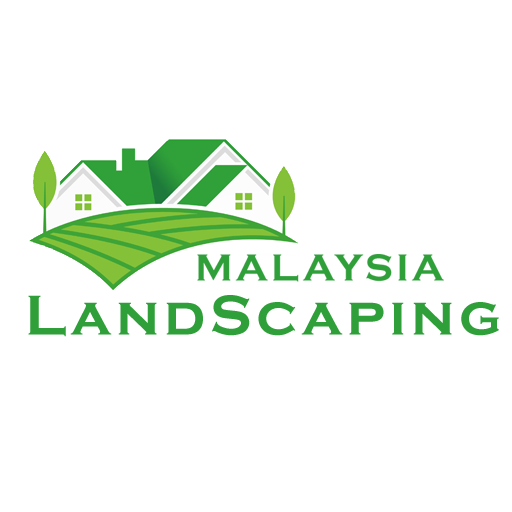Vertical Gardens: The Space-Saving Revolution Transforming Nassau County Landscapes in 2025
As Long Island homeowners face increasingly limited outdoor space and rising environmental consciousness, vertical gardens, also known as living walls or green walls, are experiencing unprecedented popularity. This trend represents a shift away from super-manicured and precise landscaping toward more natural, untamed aesthetics that still maintain planned structure.
What Are Vertical Gardens?
Vertical gardens are built structures intentionally covered by vegetation, incorporating a vertically applied growth medium such as soil, substrate, or hydroculture felt, along with integrated hydration and fertigation delivery systems. These modular panels can be attached to building exteriors, interior walls, space dividers, fences, or virtually any vertical structure.
For Nassau County residents dealing with compact properties and zero-lot-line homes, vertical gardens offer an excellent solution for both indoor and outdoor applications where you need to add greenery and space is at a premium, particularly in narrow spaces or to screen walls and fences where regular planting cannot fit.
The 2025 Vertical Garden Movement
Emerging trends and technologies, such as modular systems and automated irrigation, are making vertical gardens more accessible and sustainable, with growing popularity in architecture and urban planning highlighting their potential for widespread adoption. These advanced systems seamlessly blend natural beauty with your space, fostering sustainable and rejuvenating experiences for work, leisure, or lifestyle projects.
The trend aligns perfectly with Nassau County’s push toward sustainable living. Living walls filter pollutants and toxins from the air, act as natural insulators to regulate indoor temperatures and reduce heating and cooling costs, and help absorb and deflect sound, making them effective at reducing noise pollution.
Benefits for Long Island Homeowners
Living walls function as urban gardening solutions that provide aesthetic enhancement, are particularly suitable for cities as they allow good use of available vertical surface areas, and are suitable in arid areas as circulating water on a vertical wall is less likely to evaporate than in horizontal gardens.
For Nassau County properties, vertical gardens offer multiple advantages:
- Space Efficiency: Vertical gardens maximize space efficiency by utilizing vertical real estate, bringing greenery into urban areas where horizontal land is scarce
- Property Value: These installations create stunning visual impact that enhances curb appeal
- Environmental Benefits: Vertical gardens contribute to air purification and carbon sequestration, helping combat pollution and climate change while reducing the urban heat island effect
- Versatility: Living walls are exceptionally versatile, can be attached to virtually any vertical structure, old or new, and can also be free-standing space dividers, providing beauty, sound-proofing and security
Popular Plant Choices for 2025
Herbs like basil, mint, thyme, and rosemary are excellent for vertical gardens due to their compact size and low maintenance needs, while flowers such as petunias, marigolds, and nasturtiums add vibrant colors, and ferns and succulents are ideal for living walls due to their resilience and minimal water requirements.
Herbs, fruits, grasses and ferns work well on living walls, though the best plants for your vertical wall planter will be highly dependent on your specific location, with exposure to sunlight and rainfall and your available watering time dictating what plants are best suited.
Professional Installation Considerations
While DIY options exist, professional installation ensures optimal results. Costs are varied depending on the project, but on average the cost for installing a living wall system, complete with plants, is $195 – $265 per sq ft, with ongoing maintenance required regularly to stay healthy and vibrant.
When considering Landscaping Design in Nassau County, NY, it’s essential to work with experienced professionals who understand local climate conditions and can design systems that thrive in Long Island’s unique environment. Professional installation ensures proper irrigation systems, structural support, and plant selection that will flourish year-round.
Maintenance and Sustainability
Maintaining a vertical garden requires regular attention to ensure plants thrive, with vertical gardens potentially requiring more frequent watering than traditional gardens, though self-watering systems can help manage this. Professional systems typically require watering 2-3 minutes every other day in summer with seasonal adjustments, using engineered systems that require less water than most and water each tray individually rather than cascading from above.
The Future of Vertical Gardening
As Nassau County continues embracing sustainable landscaping practices, vertical gardens represent more than just a trend—they’re a practical solution to modern living challenges. The landscape design trends of 2025 represent more than aesthetic choices—they’re a testament to our commitment to environmental stewardship and personal expression, transforming outdoor spaces into sustainable, beautiful sanctuaries.
Whether you’re looking to maximize a small backyard, create privacy screening, or add a striking focal point to your property, vertical gardens offer Nassau County homeowners an innovative way to bring nature into their lives while addressing space limitations and environmental concerns. As this trend continues gaining momentum throughout 2025, early adopters will enjoy both the immediate visual impact and long-term benefits of this revolutionary landscaping approach.
